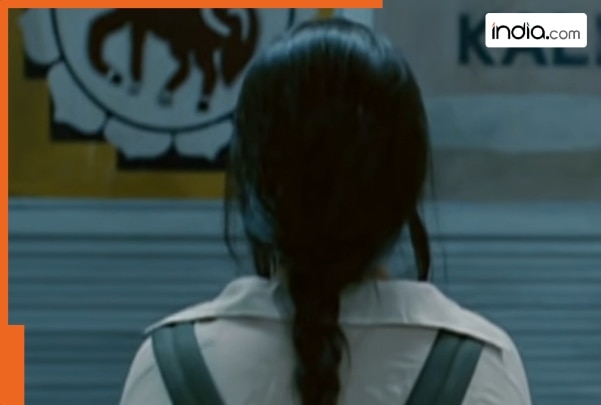A decade. A whisper in the grand narrative of time, yet a chasm in the lives cleaved by the summer of 2014. It was a season punctuated by two names, two lives prematurely extinguished: Eric Garner and Michael Brown. Their deaths, separated by three weeks, became enmeshed in the grim chronicle of racialized police violence, a fabric knitted with threads of intolerance that stretches to today.
It was on July 17, 2014, that Garner gasped for breath on a Staten Island sidewalk, his agony for air choked by the weight of a white policeman’s arm, swallowed by the pavement, all for selling loose cigarettes. His final plea, “I can’t breathe,” rumbled through the canyons of history. Not long after, on August 9, Brown, an unarmed 18-year-old, lay sprawled on a Ferguson street, shot and killed by a white police officer in broad daylight after a convenience store’s call about stolen cigarillos. Witnesses said the teen had his hands up before he was gunned down. His lifeless body lay prone on the asphalt, under scorching heat for hours, alone, disregarded—a testament to the fragility of Black life in America.
Two names, two lives forever bound by the shared brutality that ignited a nation’s conscience, exposing the raw, searing reality of unrestrained profiling and targeting. Their final moments—detonations of anger and grief—molded into what has become the clarion call of a people.
I can’t breathe.
Hands up, don’t shoot.
Garner was Gwen Carr’s son. Brown was Lezley McSpadden-Head’s. Each with a dream to become more than their stereotyped labels. Garner dreamed of one day running a mechanic shop. The 43-year-old was into cars. He adored them. Especially old foreign types. Brown loved music. He’d even dropped some tracks on SoundCloud. McSpadden-Head and Duane Foster, Brown’s former high school theater director and teacher, said that’s where the teen flourished the most. Brown was killed eight days after graduating from Normandy High School. The silenced melodies and the engines that never purred forever leave a void in the hearts of those who loved the two men.
People participate in a protest to mark the five year anniversary of the death of Eric Garner in New York City.Spencer Platt/Getty Images.
Burdened by this loss, those left behind, who cherished them, are forced to carry on, wondering, wishing, yearning for what could have been, churning through all the what-ifs. It hasn’t been easy for them. What McSpadden-Head and Carr have done every day since is keep their sons’ names alive, reminding us all that they were loved. That they were somebody’s children, who dreamed big dreams and whose absence leaves a tangible emptiness in ways we may never fully comprehend in a world that so senselessly took them.
“When people ask me [if] I feel anything has changed, my reply is nothing,” McSpadden-Head told me. “I’ve not seen the change that needs to happen for me as a Black woman with Black children and a Black family. We’re still all talking about 400 years ago, 200 years ago, 100 years ago, 10 years ago—still, nothing has gotten better.”
“We still have no justice,” she went on. “We still have police brutality happening all over this country. We still have that line drawn in the sand between Black and white. We still have controversial politicians. When will accountability actually take place? And after 10 years, I’m exhausted.” It’s a poignant sentiment that Carr echoed, telling me that when the system meant to grant access to recourse fails, all that mothers—like herself and McSpadden-Head—can do is press on, “uplift each and every individual, [and] never let them forget.” And that’s what they continue to do: remind us all that their sons left an imprint even in their shortened lives.







